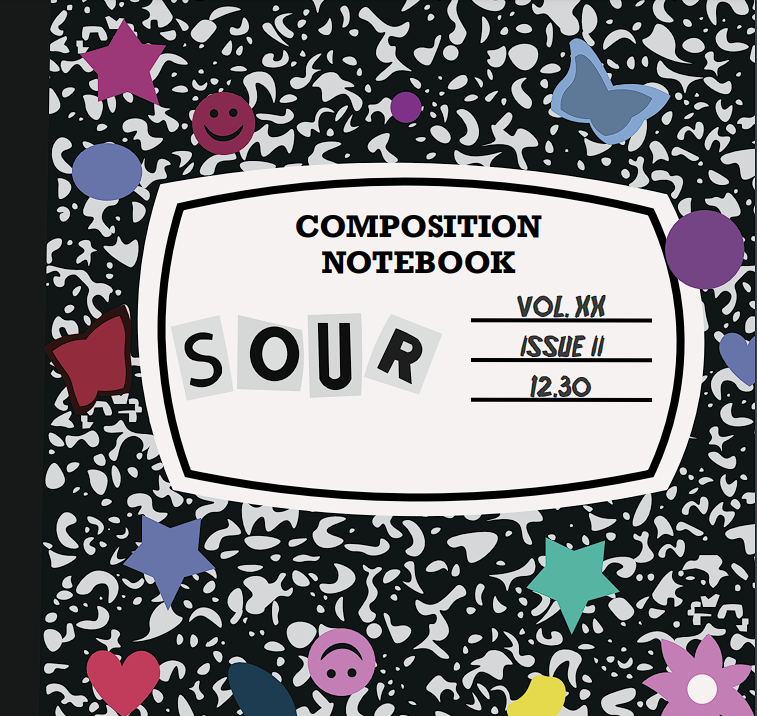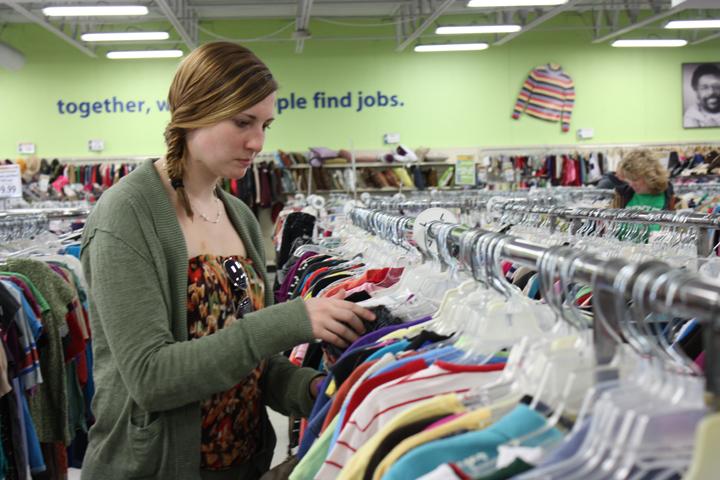
Junior Keeli Curtis stands out as the lone Democrat in her Republican family. Curtis did not always consider herself a Democrat, but she said she knew she had more liberal views than her parents.
“I was talking to my dad about Vietnam War veterans and I said something like, ‘Look what we have done to them’ because a lot of them are homeless and drug addicts; he said, ‘You sound like a Democrat” she said. Curtis then took an online quiz on the website Politicalquiz and found her views did in fact coincide with the ideals of the Democratic party.
Curtis isn’t alone in her beliefs. According to a recent study conducted by the Pew Research Center, Millennials, or those born after 1980, tend to demonstrate strong liberal and egalitarian opinions and favor a more active government, like those espoused by the Democratic party, compared to those born before 1980. Some factors attributing to the change include technology and the media as well as social and economic conditions of this current era, according to Pew.
How a teenager forms his or her political views is through political socialization, according to Joe Stuelpe, a U.S. government teacher here. “It’s a never-ending process that a person experiences where a variety of factors ranging from media to peers to family to events shape how a person looks at government and evaluates the actions of that institution,” he said via e-mail.
Curtis identified peers and media as factors in her political development. In elementary school, her best friend’s family was Democratic. “I think I got some ideas from her,” she said.
Senior David Atkinson describes himself as an “anarcho-syndicalist,” which he said means he supports a strong working class and leans toward the extreme left on the political scale. His parents, with whom Atkinson shares his liberal views, have a slightly different outlook on politics,
“Mom is leftist populist with a very strong feminist streak. Father would be, I would describe him as old Labour,” Atkinson said. He said his mother was moderately involved with the anti-Vietnam groups but was mainly focused on school.
Still, while his mother identifies herself as a Democrat, Atkinson said he does not associate himself with any political party. Along these lines, Stuelpe said Millennials happen to identify themselves more as independents. He said one of the biggest differences between Millennials and the previous generations is disalignment where more people split their ticket when they vote and affiliate themselves less with any single political party.
Equality is another value Millennials embrace in politics according to Pew.
According to the study, Millennials have been more in favor of equal rights and opportunities in all of their surveys since 2003. Millennials even go as far as to prefer affirmative action programs; 45 percent of Millennials said they were in favor of affirmative action programs compared to the 30 percent of Gen Xers and 20 percent of Baby Boomers.
Stuelpe said a variety of factors influenced the Millennial view on equality. “Society has emphasized that value during their life time. Lots of different experiences from youth leagues to classes have emphasized equal participation.”
Technology, too, plays a large role in Millennials’ beliefs. The Pew study revealed that 24 percent of Millennials said that technology was what makes their generation unique and that was the most popular choice among the five choices which also included more music and pop culture, liberal, smarter and clothes.
“With blogs, Facebook, Twitter and texting there are more ways for people to be politically active,” Stuelpe said. “I am not sure I would say one generation is more or less active, they are just choosing different avenues to communicate,” Stuelpe said.
Atkinson attributes his personal political views to the internet, where he said he found most of his information. He blogs about his views and follows the New York Times, BBC, the Economist and the New Republic. Stuelpe said there are more reasons to take part in the American political process and range of options for political participation which make the Millennial generation unique.
He said, “There are so many ways to communicate with government officials and to gather information so that an individual can be informed that people really should have no excuse for not knowing about a topic or not participating in some fashion.”
















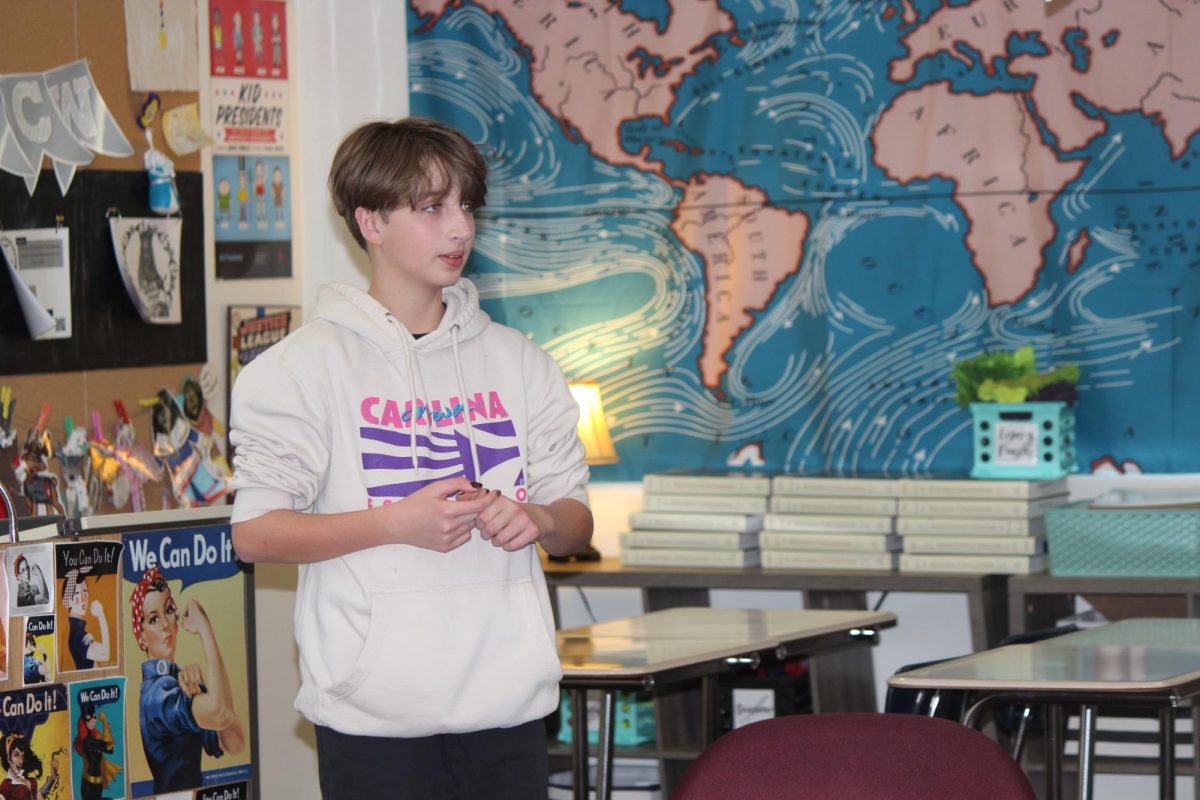












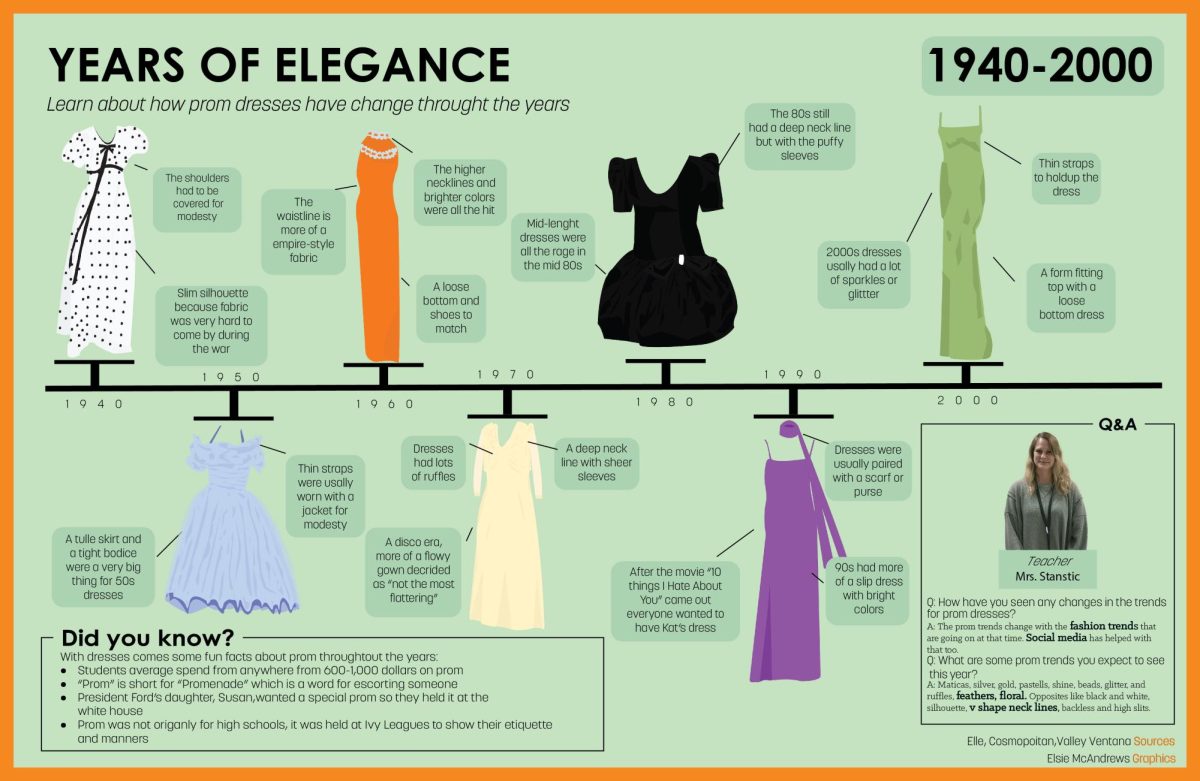
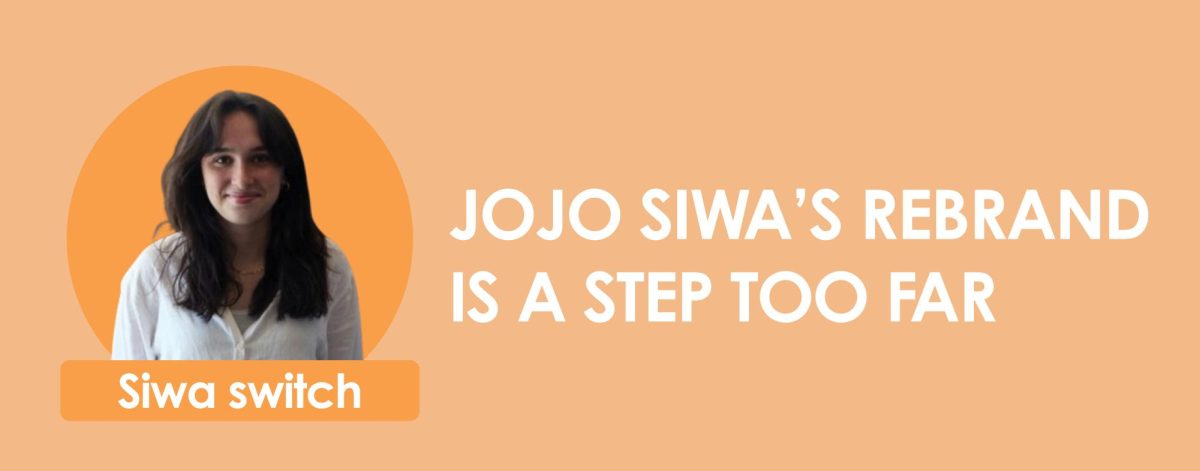
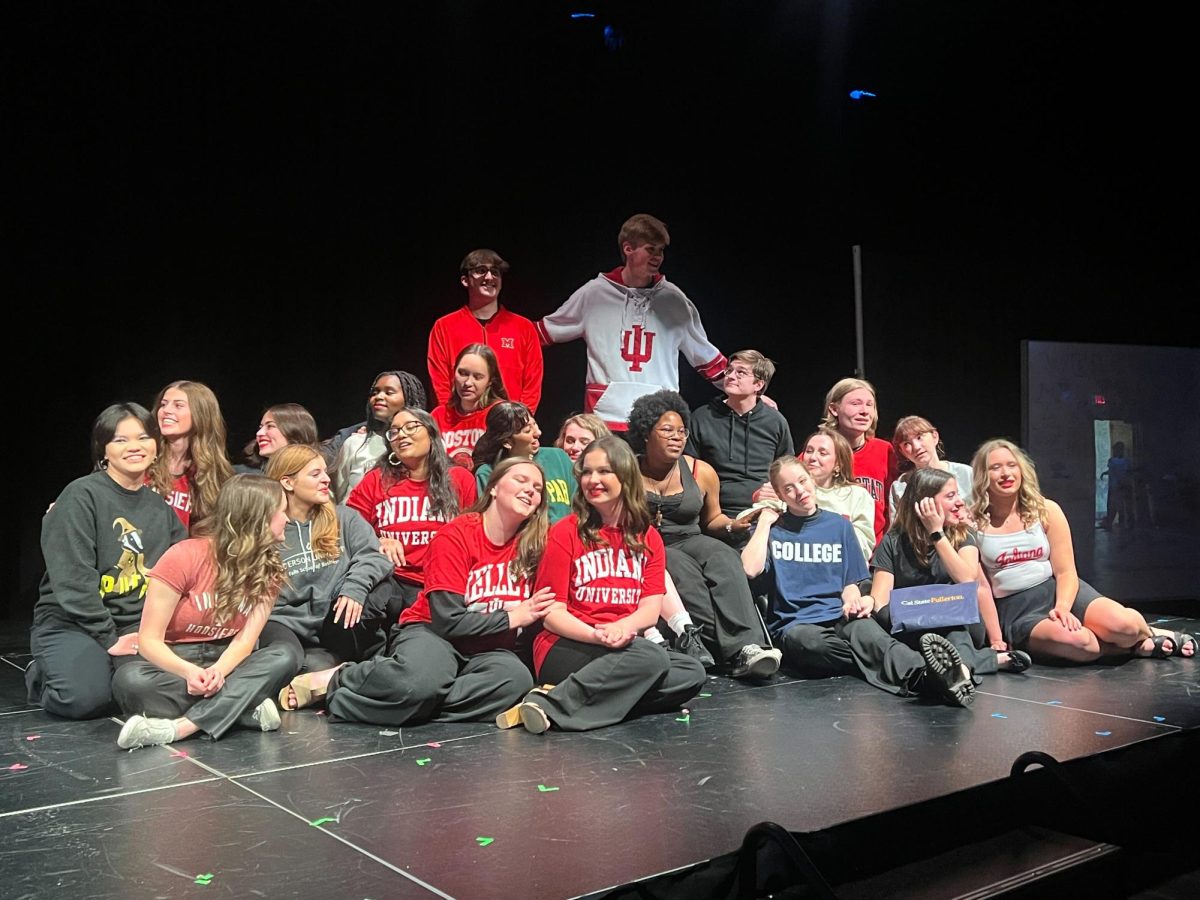


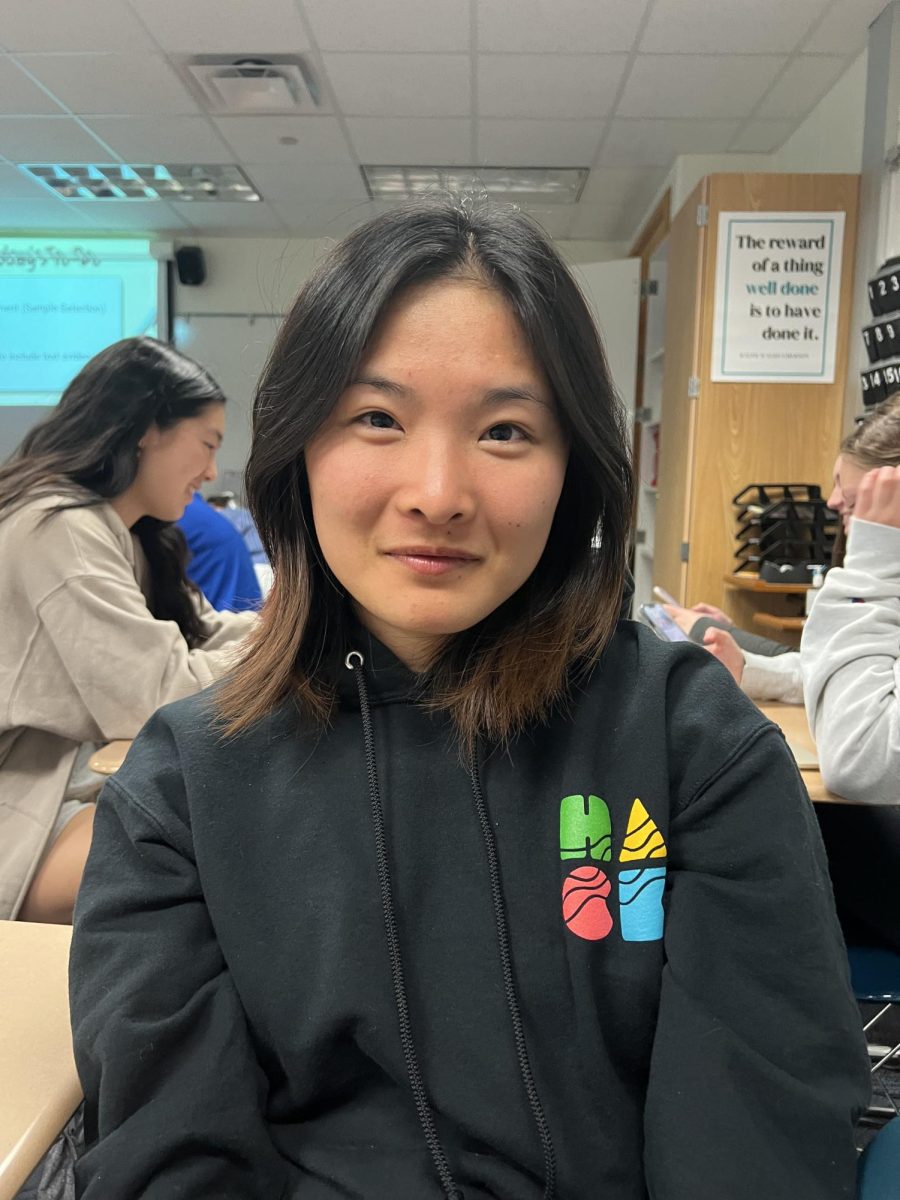
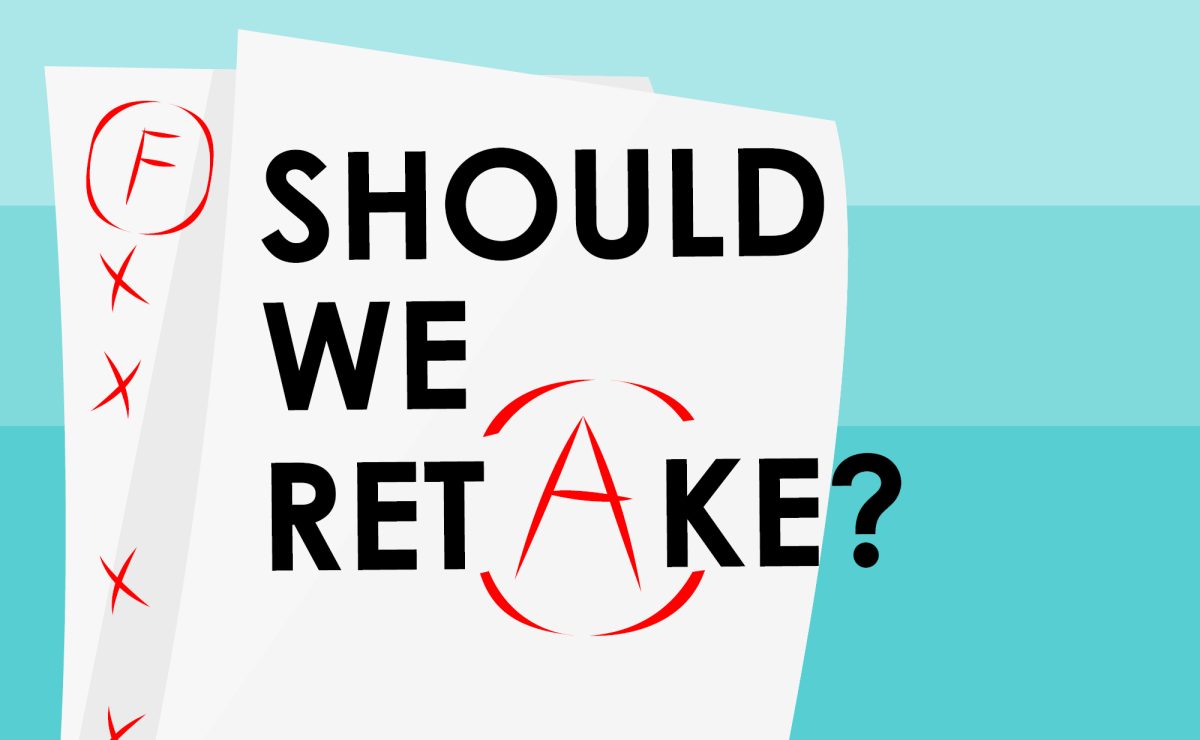















![Review: “Suits” is a perfect blend of legal drama and humor [MUSE]](https://hilite.org/wp-content/uploads/2024/04/unnamed-1.png)
![Chelsea Meng on her Instagram-run bracelet shop [Biz Buzz]](https://hilite.org/wp-content/uploads/2024/04/IMG_2446-1200x838.jpg)
![Review: Quiet on Set: The Dark Side of Kids TV is the long awaited exposé of pedophilia within the children’s entertainment industry [MUSE]](https://hilite.org/wp-content/uploads/2024/04/unnamed.jpg)
![Review: “The Iron Claw” cannot get enough praise [MUSE]](https://hilite.org/wp-content/uploads/2024/04/unnamed.png)
![Review: “The Bear” sets an unbelievably high bar for future comedy shows [MUSE]](https://hilite.org/wp-content/uploads/2024/03/unnamed.png)
![Review in Print: Maripaz Villar brings a delightfully unique style to the world of WEBTOON [MUSE]](https://hilite.org/wp-content/uploads/2023/12/maripazcover-1200x960.jpg)
![Review: “The Sword of Kaigen” is a masterpiece [MUSE]](https://hilite.org/wp-content/uploads/2023/11/Screenshot-2023-11-26-201051.png)
![Review: Gateron Oil Kings, great linear switches, okay price [MUSE]](https://hilite.org/wp-content/uploads/2023/11/Screenshot-2023-11-26-200553.png)
![Review: “A Haunting in Venice” is a significant improvement from other Agatha Christie adaptations [MUSE]](https://hilite.org/wp-content/uploads/2023/11/e7ee2938a6d422669771bce6d8088521.jpg)
![Review: A Thanksgiving story from elementary school, still just as interesting [MUSE]](https://hilite.org/wp-content/uploads/2023/11/Screenshot-2023-11-26-195514-987x1200.png)
![Review: When I Fly Towards You, cute, uplifting youth drama [MUSE]](https://hilite.org/wp-content/uploads/2023/09/When-I-Fly-Towards-You-Chinese-drama.png)
![Postcards from Muse: Hawaii Travel Diary [MUSE]](https://hilite.org/wp-content/uploads/2023/09/My-project-1-1200x1200.jpg)
![Review: Ladybug & Cat Noir: The Movie, departure from original show [MUSE]](https://hilite.org/wp-content/uploads/2023/09/Ladybug__Cat_Noir_-_The_Movie_poster.jpg)
![Review in Print: Hidden Love is the cute, uplifting drama everyone needs [MUSE]](https://hilite.org/wp-content/uploads/2023/09/hiddenlovecover-e1693597208225-1030x1200.png)
![Review in Print: Heartstopper is the heartwarming queer romance we all need [MUSE]](https://hilite.org/wp-content/uploads/2023/08/museheartstoppercover-1200x654.png)























![Review: Ladybug & Cat Noir: The Movie, departure from original show [MUSE]](https://hilite.org/wp-content/uploads/2023/09/Ladybug__Cat_Noir_-_The_Movie_poster-221x300.jpg)

![Review: Next in Fashion season two survives changes, becomes a valuable pop culture artifact [MUSE]](https://hilite.org/wp-content/uploads/2023/03/Screen-Shot-2023-03-09-at-11.05.05-AM-300x214.png)
![Review: Is The Stormlight Archive worth it? [MUSE]](https://hilite.org/wp-content/uploads/2023/10/unnamed-1-184x300.png)


